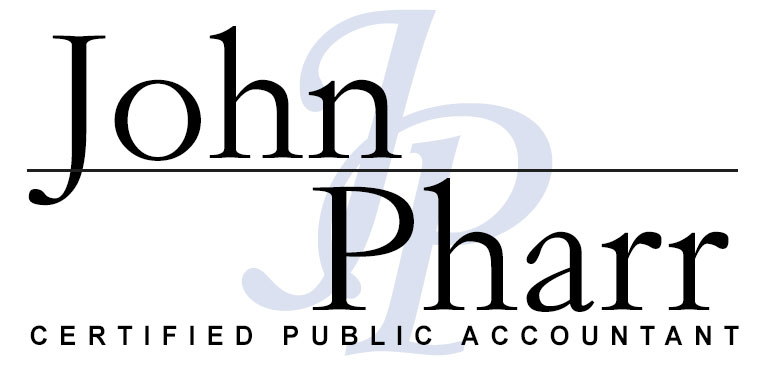The Advantages of Hiring Your Kids For Summer Jobs
As a small-business owner, employing your children during the summer months can yield both tax advantages and additional non-tax benefits. By hiring your children, they can acquire valuable on-the-job experience, contribute to their college savings, and develop essential money management skills. Furthermore, this arrangement offers the opportunity to transfer a portion of your high-tax income into tax-free or low-taxed income. Depending on specific circumstances, you may also benefit from payroll tax savings. Importantly, beyond financial gains, hiring your children allows for quality family time spent together in the workplace.
Job Legitimacy and Tax Benefits
Hiring your child can lead to significant tax benefits for your business. By employing your child and paying them a reasonable wage for legitimate work performed, you become eligible for a business tax deduction for employee wage expenses. This deduction not only reduces your federal income tax bill but also has the potential to lower your self-employment tax bill and state income tax bill, if applicable.
Consider a scenario where you operate as a sole proprietor in the 37% tax bracket. You hire your 16-year-old daughter to assist with office work full-time during the summer and part-time in the fall. Throughout 2024, she earns $10,000, with no additional income.
The tax savings resulting from her employment are substantial. You save $3,700 (37% of $10,000) in income taxes, all while your daughter incurs no tax liability. This is because her earnings can be entirely sheltered by her $14,600 standard deduction for 2024.
Even if your daughter’s earnings surpass her standard deduction, your family still benefits from lower taxes. The portion of her earnings exceeding the deduction is subject to taxation at her lower tax rate of 10%, rather than being taxed at your higher rate. Overall, hiring your child not only provides valuable financial savings for your business but also offers tax advantages for your family.
Decreased Payroll Tax Burden
If your business is not incorporated and specific criteria are met, your child’s wages may be exempt from Social Security, Medicare, and federal unemployment taxes. To qualify for this exemption, your child must be under the age of 18 (or under 21 for the federal unemployment tax exemption). To understand the details of this exemption, it’s advisable to reach out to the appropriate office for guidance.
However, it’s essential to note that if your business is incorporated or operates as a partnership with nonparent partners, there is no payroll tax exemption for employing your child. In such cases, payments for your child’s services are subject to income tax withholding, regardless of their age or the type of entity your business operates as.
Maximizing Time for Your Child’s Retirement Fund Growth
Starting retirement savings at an early age plays a pivotal role in long-term wealth accumulation. Children who earn income from employment have the opportunity to initiate contributions to retirement accounts such as a traditional IRA or a Roth IRA, laying the foundation for a secure financial future. In the tax year 2024, a working child can contribute to either a traditional or Roth IRA, up to the lesser of their earned income or $7,000. Importantly, funds from these accounts can be withdrawn penalty-free for eligible purposes, including education expenses and a down payment of up to $10,000 on a first home.
Moreover, if your business offers a retirement plan, your child may qualify to participate, subject to the plan’s terms. Participating in an employer-sponsored retirement plan enables your child to accrue retirement benefits over several decades, fostering long-term financial growth and security.
The Significance of Accurate Records
Employing your child can be a tax-efficient strategy. It’s crucial to maintain meticulous records, including timesheets and job descriptions, akin to those kept for other employees. These records serve to validate the hours worked and tasks undertaken by your child. Additionally, it’s imperative to provide your child with a Form W-2 for tax reporting purposes. For further clarification on how these regulations apply to your specific circumstances, don’t hesitate to reach out to the appropriate office for guidance.




